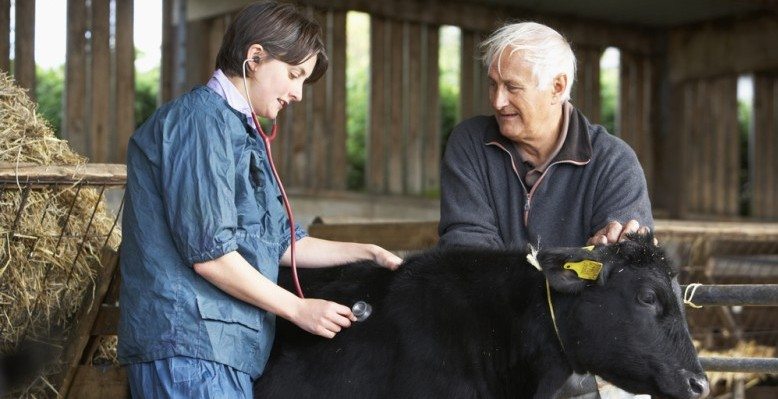Establishment of National Farmed Animal Health Strategy Crucial to Address Shortcomings of Current Approach – IFA

IFA Animal Health Chairman Bert Stewart has said the establishment of a National Farmed Animal Health Strategy for Ireland is crucial for farmers to address the shortcomings of the current approach which has left farmers exposed to unnecessary costs and bureaucracy in disease control and eradication.
He said while significant progress is been made in eradicating BVD from the National herd, huge issues have been identified as a result of the lack of a co-ordinated approach with the Department of Agriculture in implementing the programme.
The IFA chairman said, “The lessons learned from the mistakes in the BVD programme must be taken on board in a national co-ordinated strategy for all animal health issues”.
Welcoming the Minister’s recognition of the broader benefits of improved animal health for the agri-sector and the economy in general, Bert Stewart said the approach to date on most animal health issues has taken the easy option of imposing the burden of costs onto farmers while ignoring the broader benefits that accrue, the current BVD programme is a typical example currently costing farmers over €7m annually with only minimal support provided by the Department of Agriculture with no other stakeholders contributing financially.
He said IFA will engage constructively with the Minister for Agriculture and his officials in developing a co-ordinated animal health strategy for farmed animals in Ireland that clearly recognises the broader benefits of improved animal health for the agri-sector and the economy in general by providing equitable and fair distribution models for costs amongst all stakeholders.
The IFA chairman said similar issues arise in programmes implemented by the Department of Agriculture with the TB Eradication programme a continual cause of huge financial hardship on farms either directly through animal loss or indirectly through the imposition of restrictions that prevent farmers from carrying out their normal farm management practises.
Bert Stewart said key elements of the strategy must include the application of the best scientific information, practical implementation, minimal upheaval for farmers in the day to day management of their herds, risk based controls and direct financial supports for farmers.




